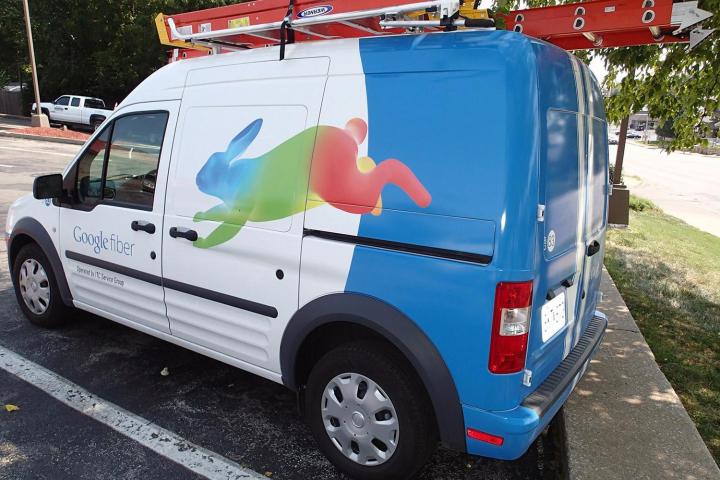
Local officials in Raleigh, Durham and Charlotte received vague “save the date” invitations from Google for Jan. 28 and 29. A source speaking to WRAL TechWire says a formal announcement could be made this week, though Google remains mum on the exact reason for these evening events.
Google is already seeking bids to begin laying out its fiber network as early as April, according to a source speaking anonymously to WRAL TechWire. The tech giant has been in talks with local government officials in Raleigh and Cary about access and zoning for placing fiber huts. To add credence to this speculation, on Dec. 2, Google created a Google Fiber company in North Carolina.
Last February, Google added Charlotte and Raleigh-Durham to its list of nine potential Google Fiber cities.
Google Fiber boasts speeds up to 1Gbps, which the company says is up to 100 times faster than basic broadband speeds. Currently, three U.S. cities can boast about having Google Fiber: Provo, Utah; Kansas City, Kansas/Missouri; and Austin, Texas.
Local businesses in Kansas City have access to Google Fiber for Business, the first time the high-speed network has been offered to businesses.


